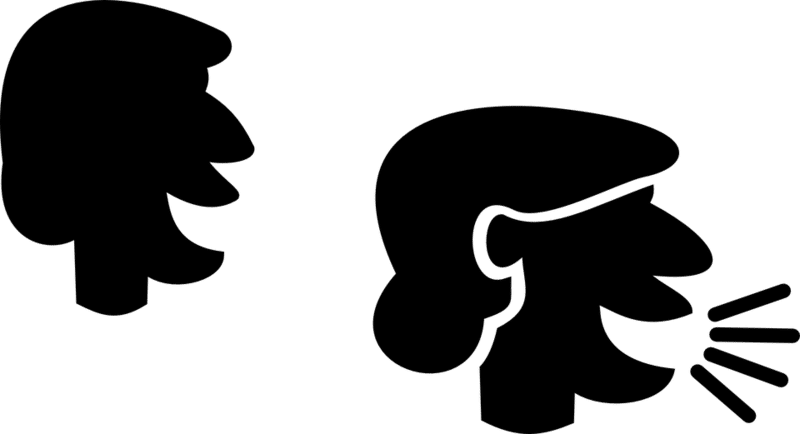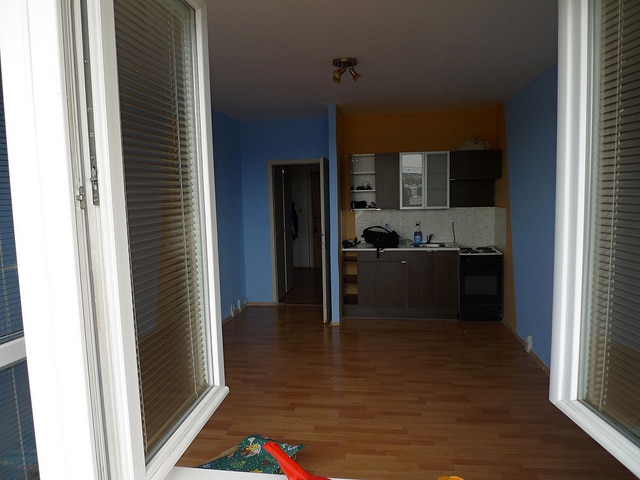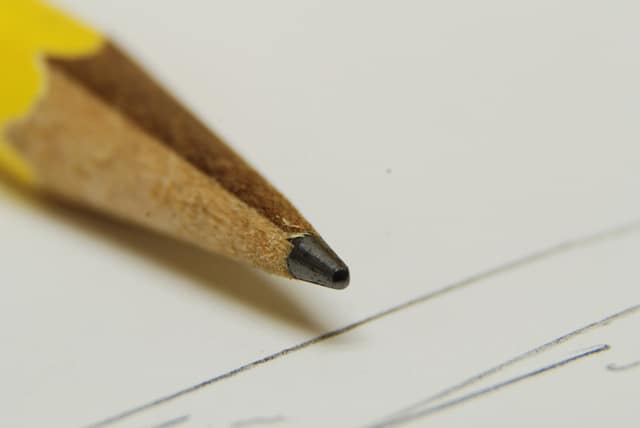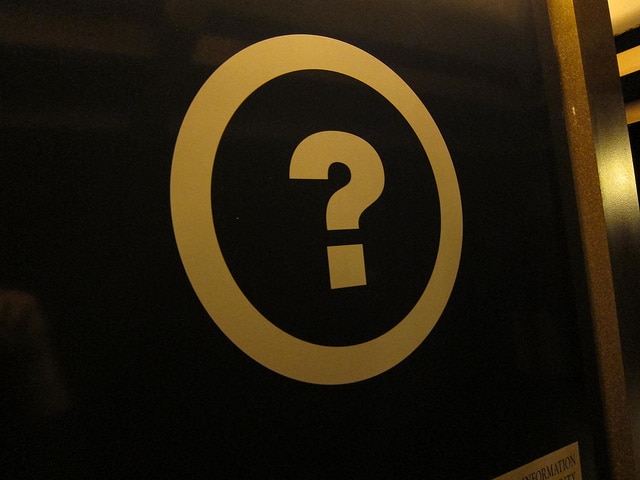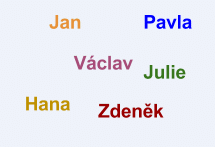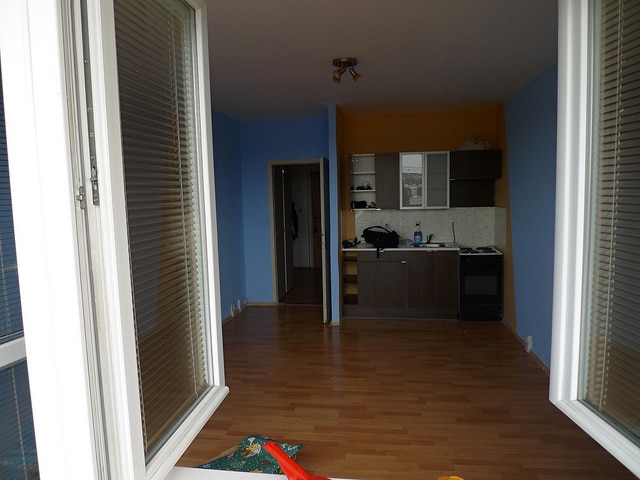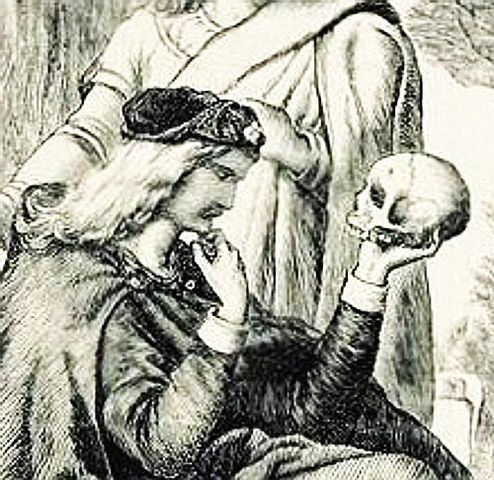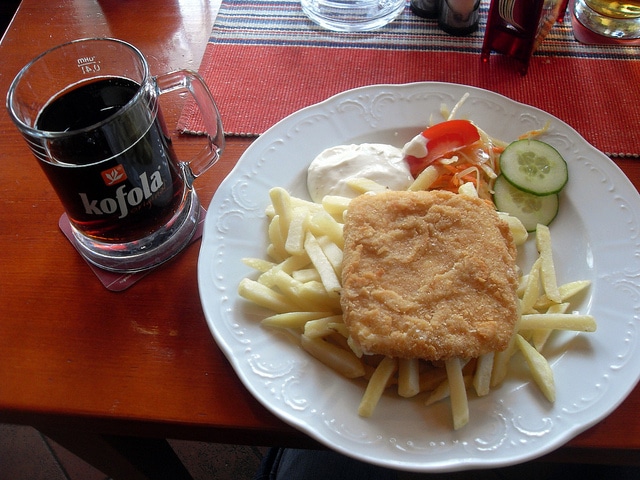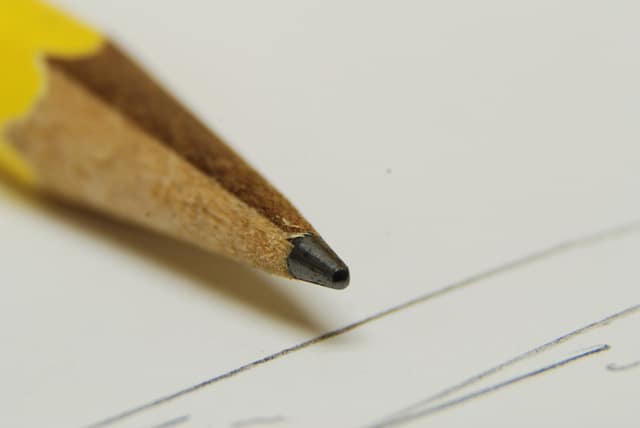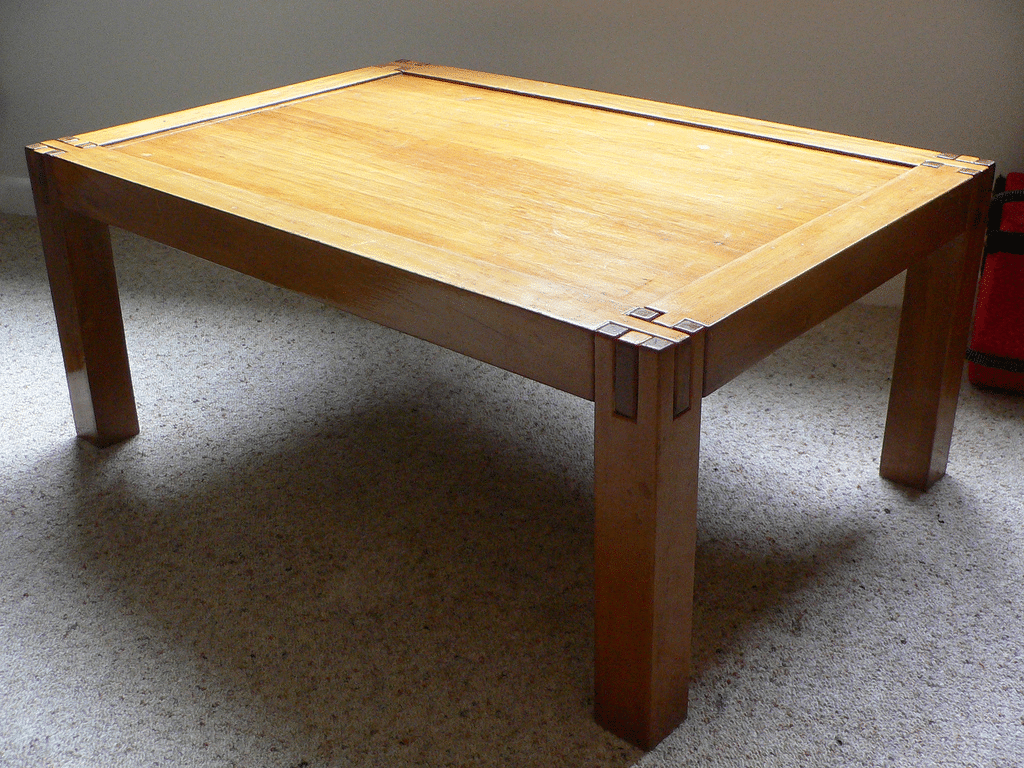1.1 – Czech Vowels
The pronunciation of a word should always be predictable from the spelling in Czech. In this first lesson we’re going to learn about vowels.
Vowel Sounds
|
Vowel |
Pronunciation |
Czech Examples |
|
|
a |
ah sound in father |
mapa ‘map’
|
vlak ‘train’
|
|
e |
eh sound in every, elephant |
pes ‘dog’
|
televize ‘television’
|
|
i/y |
i sound in inch, little |
byt ‘apartment’
|
kniha ‘book’
|
|
o |
similar to the open, ocean[1] |
okno ‘window’
|
pivo ‘beer’
|
|
u |
oo sound in stew, moo[2] |
tužka ‘pencil’
|
učitel ‘teacher’
|
Vowel Length
Vowels in Czech can be short or long. The vowels that you learned above are all short vowels. Czech has long vowels, which are marked by a čárka[3], as with i.e. á, é, í, ý, ó, ú; or sometimes a kroužek[4], as in the case of ů. Long vowels are pronounced about twice as long as short vowels.
|
Short Vowel |
Long Vowel |
||
|
a |
mapa ‘map’
|
á |
otázka ‘question’
|
|
e |
pes ‘dog’
|
é |
jméno ‘name’
|
|
y |
byt ‘apartment’
|
ý |
být ‘to be’
|
|
i |
mobil ‘cell phone’
|
í |
jídlo ‘food’
|
|
o |
okno ‘window’
|
ó |
gól 'goal'
|
|
u |
tužka ‘pencil’
|
ú,ů[5] |
úkol 'assignment'
stůl 'table'
|
Special Pairs (i.e. diphthongs)
There are several pairs of vowels that get pronounced together in a way that resembles a new sound. In actuality, they are just the combination of the two individual sounds, but especially for English speakers it can be hard to predict what sound they will make.
|
Diphthong |
Pronunciation |
Czech Examples |
|
au |
as in the exclamation ow! |
auto ‘car’
|
|
ou |
as in the English exclamation oh! |
houba ‘mushroom’
|
|
aj |
rhymes with kite, right |
čaj ‘tea’
|
|
ej |
rhymes with play, may |
kolej ‘dorm’
|
|
oj |
rhymes with toy, boy |
boj ‘fight’ |
|
uj |
listen to listen |
fuj ‘yuck, gross!’ |
Stress
Stress in Czech is always on the first syllable . What this means is that the main “beat” of the word occurs on the very first syllable that you pronounce. Note that this is different from English, where stress can fall on any syllable (for example, in the word pretty stress is on the first syllable, in the word alike it is on the second syllable, in the word volunteer it’s on the third syllable). In Czech, stress placement is consistent and you will always find it on the first syllable. Keep this rule in mind as you practice pronunciation and listen back through the words above to practice this stress rule.
Images used in this document come from these sources.
[1] There is no difference between the pronunciation of these two sounds; however we will learn more about how they can affect the pronunciation of other consonants written next to them, see 1.2 – “soft” pronunciations.
[2] The English sound involves more rounding of the lips toward the end of the pronunciation. The Czech sound is a somewhat purer vowel sound. Try mimicking the sounds in the listen.
[3] čárka means ‘little line’
[4] kroužek means ‘little circle’
[5] There is no difference in pronunciation between these two letters. However, ú is generally written at the beginning of a word and ů is written elsewhere (i.e. middle or end of word).
